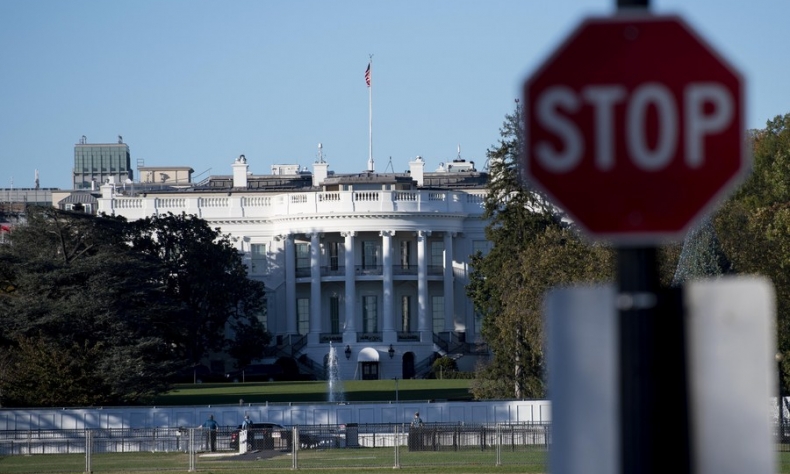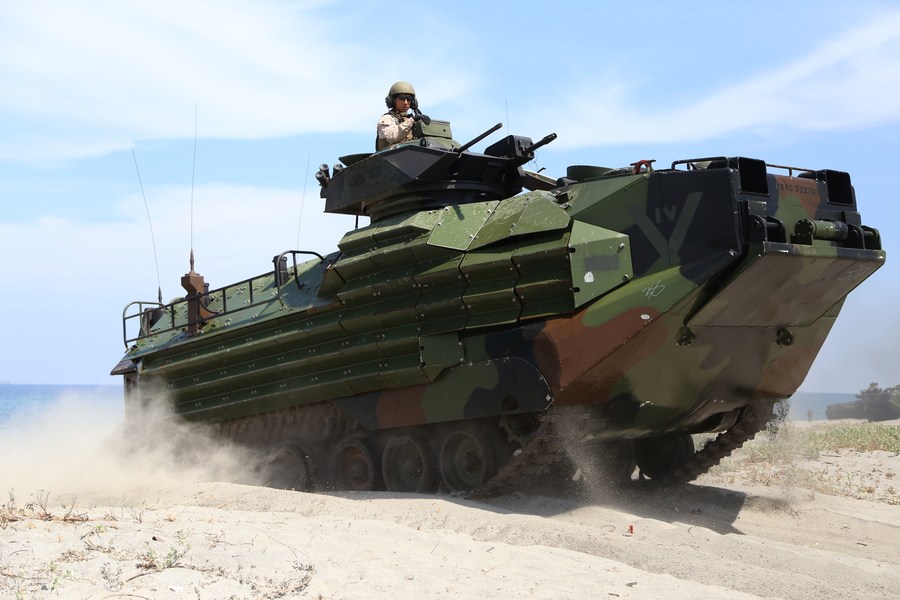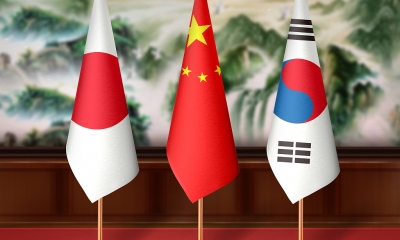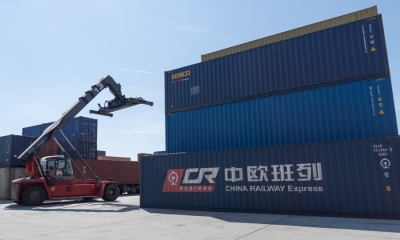The United States Doesn’t Want a War Over Taiwan, Right?

The acknowledgement that a small number of U.S. military personnel are on the island provides another example that the Biden administration is playing with fire.
The signs are everywhere: Any kind of war between the United States and China over Taiwan island would lead to thousands of deaths, would be disastrous for the global economy and would set back U.S.-Chinese relations for decades. Furthermore, no one can confidently determine what exactly “winning” the war would mean.
In addition, we should remember that just last week during the G20 gathering in Rome, U.S. Secretary of State Antony Blinken said as emphatically as he could that America did not want a military conflict with China. Secretary Blinken affirmed U.S. support for the One-China policy, which recognizes Beijing as the sole governing authority over all of China, including Taiwan, according to the three communiques reached by China and the United States.
And, yes, we should note a recent poll by the Chicago Council on Global Affairs that found only a slim majority of Americans — 52 percent — thought the U.S. should go to war with China in order to “protect” the island. Let’s hope that the American public’s interest in war remains unsettled; perhaps after the two-decade debacle that was Afghanistan, American citizens are hoping for better policy decisions by their leaders.
Put all those factors together and you and I should be able to confidently conclude that there is no way the United States and China will go to war over Taiwan, right? Well…unfortunately, there are bits and pieces of evidence that make clear the drumbeat of war is becoming ever louder in the United States.

Perhaps President Joe Biden is engaging only in necessary political rhetoric when he says the U.S. will defend Taiwan should China do anything that resembles an invasion. He said it when he was running for president, and he said it again just days ago. While the president was not required to say exactly what the U.S. would do to “protect” Taiwan, any language suggesting military support serves to empower Taiwan authorities. The acknowledgement that a small number of U.S. military personnel are on the island provides another example that the Biden administration is playing with fire.
So, too, are political leaders from both parties. We must remember a recent report by the Intercept. In examining the multi-decade ebb and flow of U.S. policy toward China on Taiwan question, it stated: “In the U.S., the successors to the conservatives of the ’50s — found in both the Republican and Democratic parties — are eager for a confrontation with China as part of a new Cold War.”
The ever-lustful-for-money military-industrial complex stands to benefit from this bellicose position. And they have plenty of lackeys in the U.S. Senate. Consider this opening paragraph from a recent story from Reuters: “U.S. Republican lawmakers introduced legislation on Thursday seeking to provide $2 billion per year and other assistance to bolster Taiwan’s defenses as it faces rising pressure from China.”
Do not forget that the U.S. Congress endorsed the United States Innovation and Competition Act earlier this year. Then, Republicans hammered away at the idea that China was a danger to the U.S. at home and abroad, ever eager to use its soft and hard power to undermine American interests all over the globe. Taiwan was defined as a “vital part of the United States Indo-Pacific strategy.” And Taiwan was urged to increase its defense spending “in order to fully resource its defense strategy.”
If you listen to Republicans now, it appears $2 billion EVERY YEAR will assist Taiwan as it tries to “fully resource” its defense strategy.

There is another reason Republicans are talking about China in such hostile ways: Donald Trump. The former president remains wildly popular among Republicans; as just one example, a recent Quinnipiac University poll found that 86 percent of Republicans continue to hold favorable opinions of him and 78 percent of them want him to again run for the presidency in 2024. Trump’s non-stop rhetoric of hate directed at China during his four years in office firmly implanted in the minds of Republicans that the Chinese government is evil at every turn. Therefore, any politician who dares to say something complimentary about China risks the verbal vitriol from Trump. Instead, they dutifully line up behind the leader of a party that has lost its soul and any semblance of common sense.
The specter of nuclear war is never too far away when the American public reads about the mess that is the current state of the U.S.-China geopolitical relationship. A few days ago, The Economist reported that American officials were ginning up more scare tactics by announcing “China’s stockpile of nuclear warheads, which last year it reckoned to be in the ‘low-200s’, could triple to about 700 by 2027 and will probably quintuple to about 1,000 or more by 2030. That is sharply higher than America’s previous forecast that the arsenal would double in size by then.”
The Economist did note that even if this forecast is accurate, the U.S. would retain roughly 4,000 such warheads. But that kind of numerical advantage does not make for good headlines.
Chinese officials have stated on multiple occasions that they have zero interest in starting a conflict in East Asia or anywhere around the world. On the other hand, they also say they will not idly stand by and allow the U.S. to meddle in China’s internal affairs. American officials should remember that as they insist on more and more talks with their Chinese counterparts so that the only war between the two sides is one involving just words.
The article reflects the author’s opinions, and not necessarily the views of China Focus.
 Facebook
Facebook
 Twitter
Twitter
 Linkedin
Linkedin
 Google +
Google +







